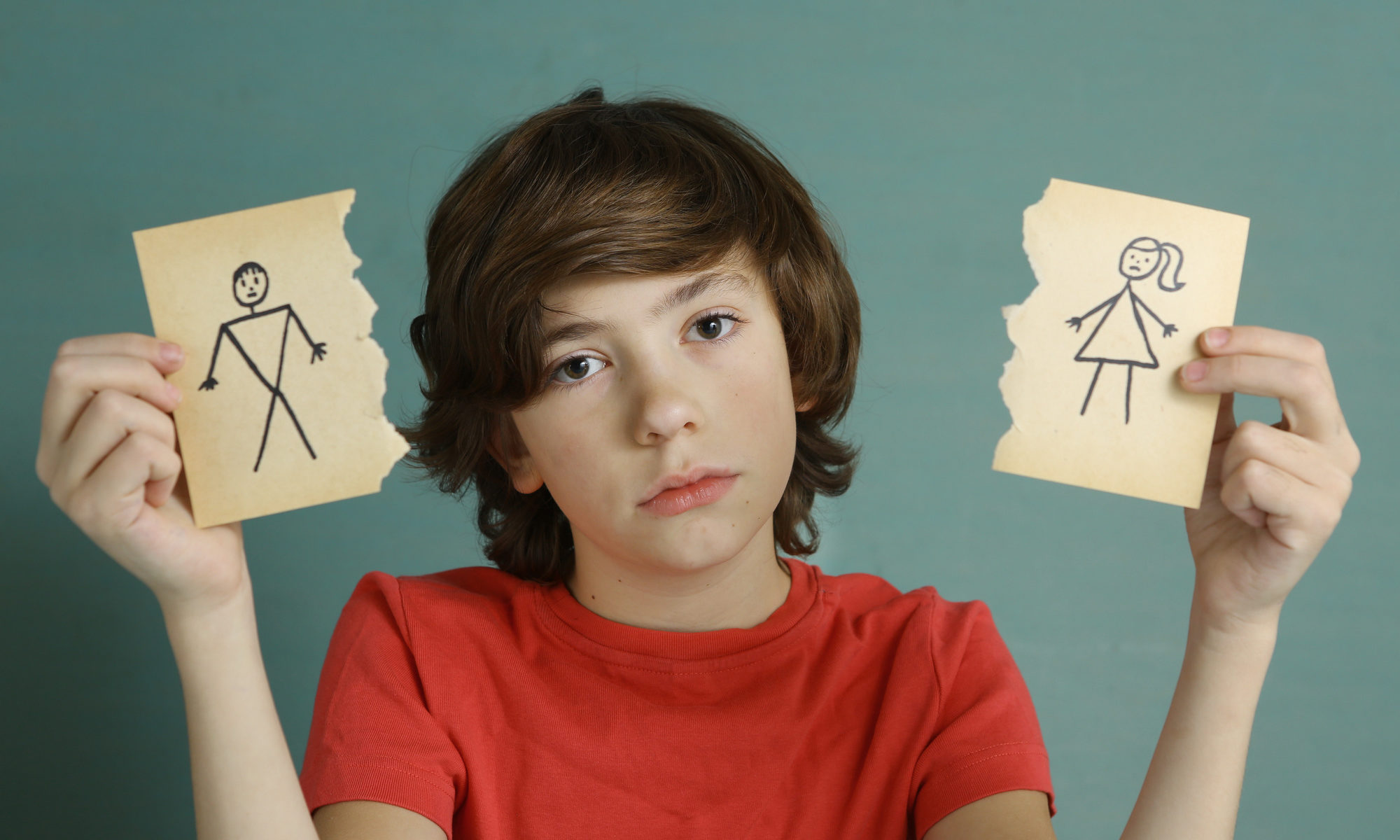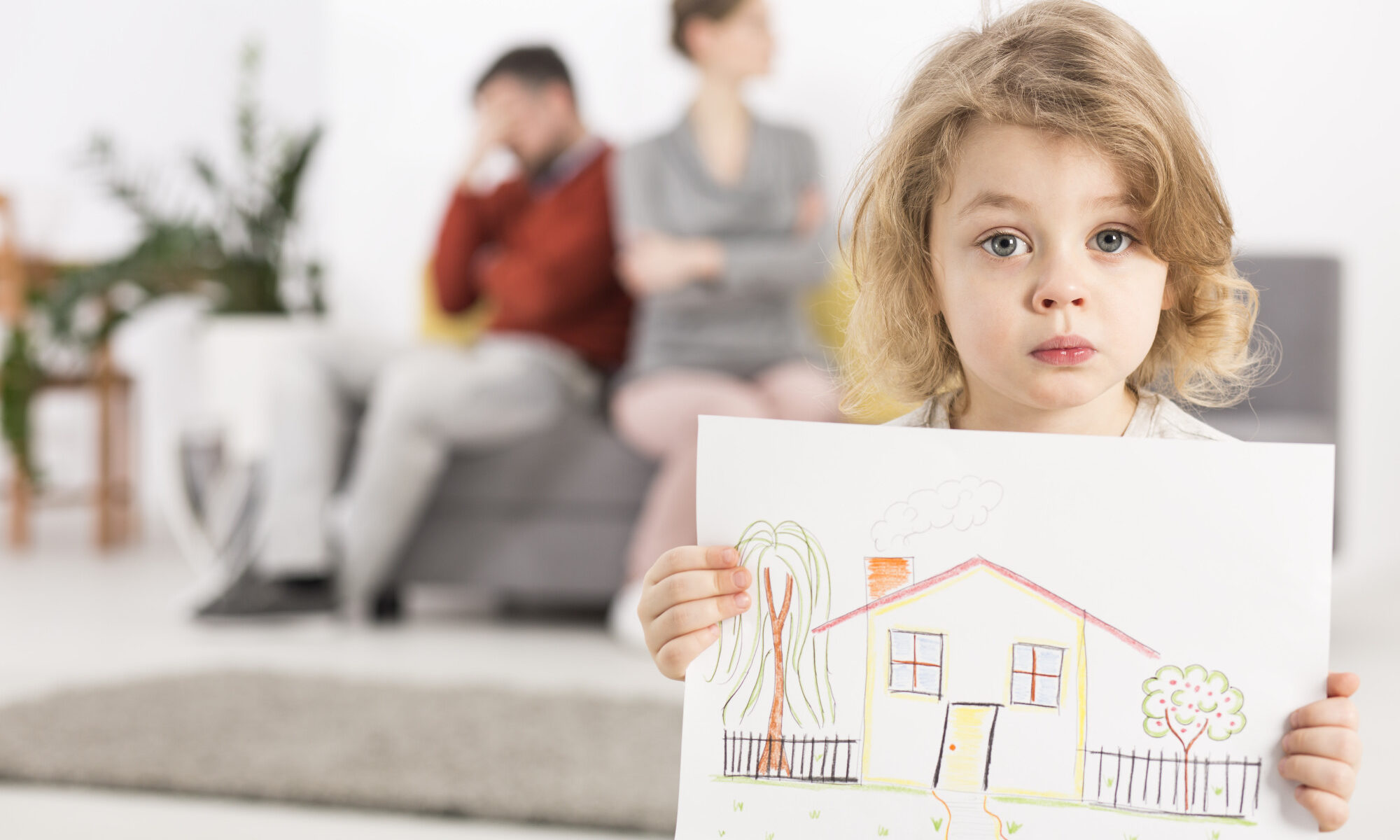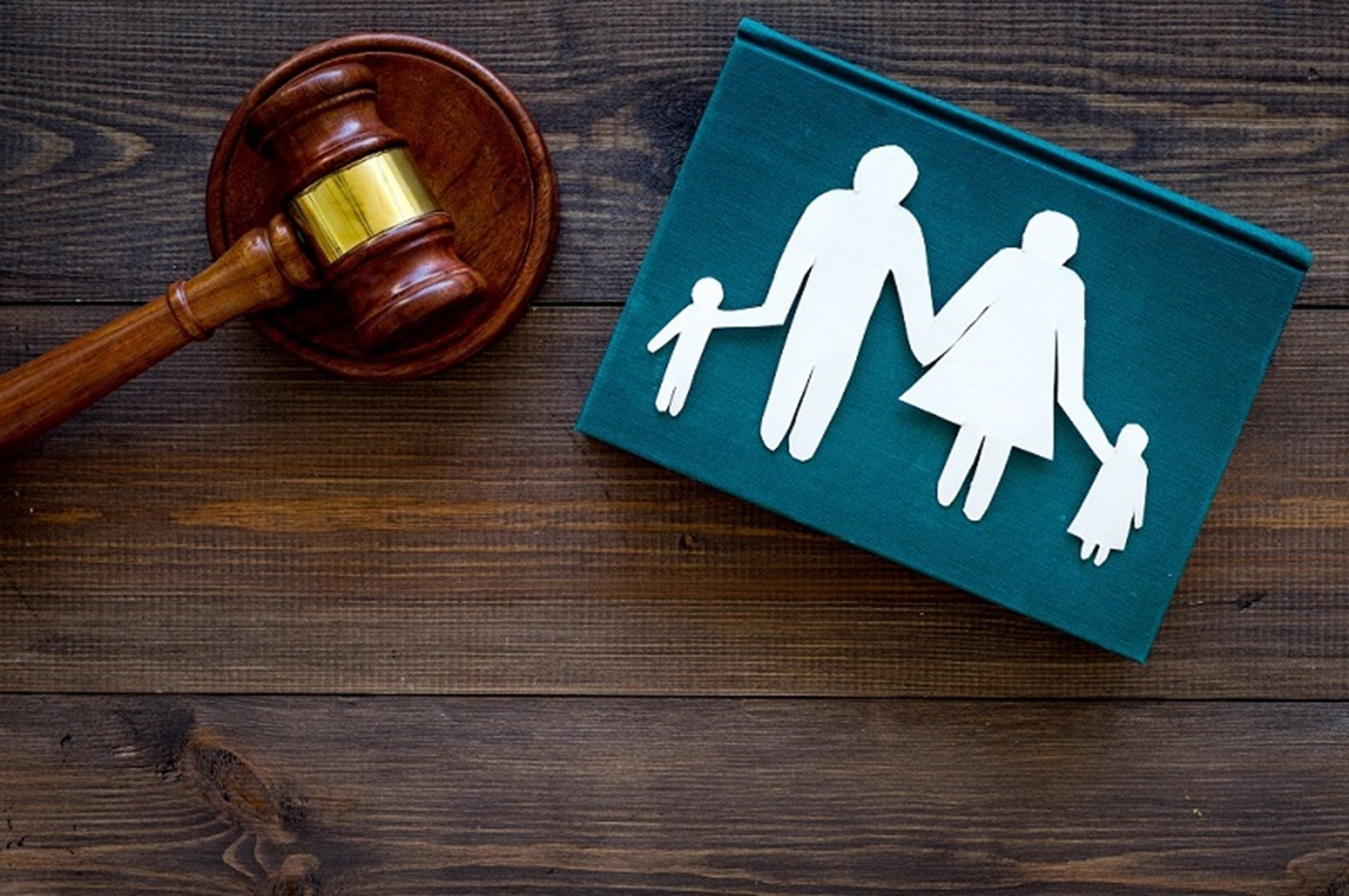Introduction
Divorcing can be an emotionally challenging experience for both parents and children. While it is appropriate to acknowledge the pain and grief that comes with divorce, it is also imperative to focus on helping your child build resilience in moving forward.
According to the National Institute for Health Statistics, 10 million children (14% of the population) live in divorced or separated households. By understanding your child’s unique needs, you can create a supportive environment that encourages healthy emotional development and well-being.
Continue reading about strategies for helping your child build resilience after divorce and promote positive emotional health.
Strategy for Supporting Your Child’s Emotional Health and Well-Being after a Divorce
Around 80% of divorced children adapt smoothly and have no long-term negative effects on their academics, social adjustment, or mental health. Children who grow up in households with much squabbling, antagonism, and dissatisfaction are more likely to develop mental health illnesses and behavioral issues.
As a consequence, it is typical for youngsters to struggle with their emotions and behavior immediately after parental separation. Divorce may be a challenging experience for children, so it is imperative to concentrate on their mental health and well-being during this time. Encourage self-care, maintain a stable and supportive family environment, and create strong bonds with your kid.
Self-care is critical for maintaining mental health and well-being, and encouraging children to engage in self-care activities such as exercise, meditation, or writing may assist them in managing stress and anxiety. Positive coping skills and stress-reduction approaches may help kids build resilience and deal with difficult emotions.
Resilience in Children: Strategies to Strengthen Your Kids
Divorce may be a difficult event for children. Therefore, it is critical to help them build resilience to the upheaval. The capacity to recover from setbacks and adapt to new conditions is called resilience. Resilience is a talent that can be learned and improved over time, and parents may play a vital role in assisting their children in developing resilience.
One of the most effective strategies to boost children’s resilience is providing a stable and supportive environment. Children want safety and security, which parents may provide by keeping a regular schedule and creating a stable home environment. Even during upheaval and uncertainty, this may help them feel anchored and comfortable.
What Strategy Should You Use?
The strategy to assist children in building resilience is to help them create a positive outlook. This might include encouraging them to concentrate on their strengths and successes rather than their flaws and failings. Parents may also assist their children in developing a growth mindset by teaching them that setbacks and obstacles are chances for development and learning.
It is also critical to educate children about coping strategies to assist them in dealing with stress and worry. Teaching them relaxation methods such as deep breathing, meditation, or yoga may help. It may also include teaching kids problem-solving techniques and encouraging them to seek assistance from trustworthy people such as parents, teachers, or counselors.
Parents may assist their children in developing resilience by modeling resilient behavior. This may include using healthy coping skills such as positive self-talk, exercise, and self-care. It may also involve exhibiting endurance in the face of difficulties and disappointments.
It takes time and works to develop resilience in children, but it is a necessary trait that may help them succeed in the face of hardship. Parents may help their children build the strength they need to handle the difficulties of divorce and beyond. This is done by providing a stable and supportive environment, teaching them coping strategies, and modeling resilient behavior.
Ways to Raise Happy, Resilient Kids after a Divorce
Divorce may be difficult, but raising happy, resilient children in the aftermath is possible. The idea is to concentrate on having a stable and supportive family environment that fosters positive emotional health and well-being. Here are some ideas for parenting resilient children after divorce:
- 1. Concentrate on co-parenting: Co-parenting might be difficult, but collaborating is critical to provide a stable and supportive home environment for your children. This might include establishing regular norms and routines, talking freely and politely, and working together to make choices for your children’s well-being and interests.
- 2. Promote open communication: Children must feel comfortable discussing their thoughts and concerns with their parents. Open communication may help youngsters feel supported and heard, promoting their emotional health and well-being.
- 3. Encourage healthy connections: Children need positive relationships with both their parents and other adults, such as grandparents, aunts, uncles, and family friends. These interactions give children additional sources of support and guidance, which can help them grow resilience.
- 4. Give chances for fun and play: Children need opportunities for joy and play, even during stress and uncertainty. Offering children a chance to have fun and space may help them feel joyful and engaged, promoting their emotional health and well-being.
- 5. Get help: Divorce may be a complicated process for parents. Therefore it is critical to seek help when required. Talking to a therapist, joining a support group, or asking friends and family for assistance may help.
Things Not to Say to a Child in Divorce
Divorce may be a challenging experience for children; therefore, it is crucial to be cautious of what you say to them at this time. These are some things not to speak to a divorced child:
- 1. “It’s all your fault”: Holding your child responsible for the divorce may be devastating, leading to guilt and humiliation. Avoid blaming children for the divorce and instead concentrate on building a supportive and stable family environment.
- 2. “Your other parent is a nasty person”: Negative comments about the other parent may harm children and cause uncertainty and worry. It is critical to avoid disparaging the other parent instead of concentrating on co-parenting and fostering a healthy home environment.
- 3. “I wish things had been different”: Expressing regret or grief about the divorce may be difficult for children to hear, leading to emotions of fear and uncertainty and concentrating on maintaining a pleasant home environment and giving children the support and direction they need to flourish after a divorce is critical.
- 4. “I don’t have time for you right now”: While divorce may be difficult for parents, it is critical to prioritize your children’s needs and offer them the support and attention they need. You must not ignore your children during this period and instead concentrate on providing a supportive and stable home environment.
- 5. “You shouldn’t feel that way”: Validating children’s feelings may be very harmful, leading to uncertainty and fear. Validating children’s emotions and providing them with the support and direction they need to manage the obstacles of divorce is critical.
Conclusion: Building Child’s Resilience after Divorce
Parents may help their children develop resilience and flourish after divorce by concentrating on co-parenting, supporting open communication, establishing solid connections, offering chances for fun and play, and getting assistance when required.
You may help your children develop resilience and flourish after divorce by being attentive to what you say to them throughout the divorce. You may help your children by concentrating on self-care, development of coping skills, time for fun and play, accessing assistance, and providing a stable and supportive home environment.
At this time, it is a must to be patient and understanding. In addition, it is a must to offer your children the support and advice they need to manage divorce problems.










